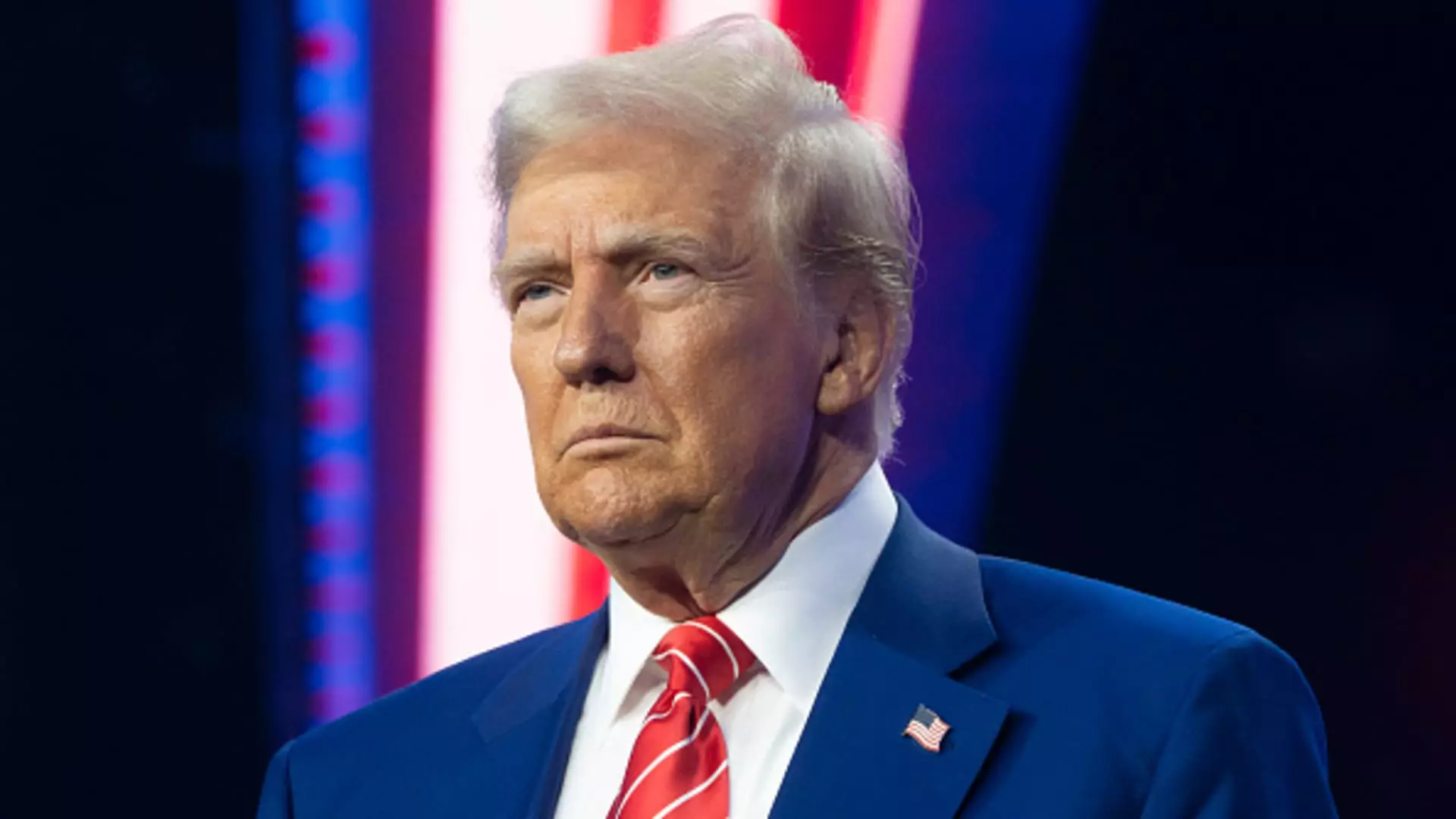The recent passing of Jimmy Carter, who lived to the remarkable age of 100, marks a significant moment in American history. His life, filled with both triumphs and tribulations, serves as a poignant reminder of the impact a single leader can have on the nation’s psyche. As President-elect Donald Trump prepares to attend Carter’s state funeral at the National Cathedral in Washington D.C. on January 9, it reflects not only a moment of remembrance but also an opportunity for the nation to consider the weight of presidential legacies. Carter’s presidency was characterized by an unwavering commitment to humanitarian issues, diplomacy, and environmental advocates. This spirit of service and commitment to the country is something that resonates profoundly, even amidst the current political theatrics.
Trump’s Desire for Political Unity
As Trump gears up for this somber occasion, his comments regarding House Speaker Mike Johnson reveal a strategic approach to galvanizing Republican unity. Trump’s statement during a recent New Year’s Eve gala highlights his efforts to rally his party behind Johnson, who faced considerable opposition just months after stepping into the speakership. Trump’s endorsement is crucial in a landscape where party loyalty is increasingly tenuous, especially given the palpable dissent within Republican ranks. Despite skepticism surrounding Johnson’s viability owing to resistance from a faction of party members, Trump remains optimistic that Johnson is the candidate who can effectively unify the party’s disparate factions.
The current dynamics within Congress illustrate the ongoing struggles facing party leadership amid shifting allegiances. The House is set to elect a new speaker soon after the recent congressional sessions, and questions loom over whether Speaker Johnson can maintain his position. Trump’s insights into party cohesion reveal a strategic assessment; however, it overlooks the complexities inherent within intra-party debates. Trump’s repeated assertion that “almost everybody likes him” may not fully encapsulate the diverse opinions swaying current Republican sentiments. The recent resistance to Johnson’s stopgap funding bill serves as a clear indication of the hurdles he may face, raising essential questions about accountability and representation in governance.
As we acknowledge the contributions of leaders like Carter, it is worthwhile to reflect on how these lessons from the past can guide the future of American politics. While Carter’s legacy revolves around empathy, public service, and ethical integrity, the contemporary scene is rife with division and politicization that challenges those ideals. The political echoes present at both the gala celebrating Trump and Carter’s memorial reveal the stark contrast in leadership approaches. This pivotal moment serves as a reminder for today’s leaders to engage with the democratic process holistically, emphasizing collaboration and the well-being of the populace over partisan interests.
In a time when the nation seems to teeter on the edge of division, honoring the legacy of thoughtful leaders like Jimmy Carter may inspire a much-needed renaissance of character-driven governance. Trump’s steadfast backing of a singular candidate like Johnson amidst this turbulent environment calls upon the essence of leadership within a democratic framework. The real test will be whether lawmakers, inspired perhaps by the enduring example of Carter’s dedication to public service, can transcend personal and political divides for the greater good of the American people.

Leave a Reply